Introduction Imagine walking through a bustling city for the first time, every turn introducing you to unfamiliar streets and sights. Your brain is working behind the scenes, processing the new information and weaving it into your memory. But how does your brain efficiently manage this complex task? A fascinating piece of the puzzle might be […]
Category: Research and analysis methods
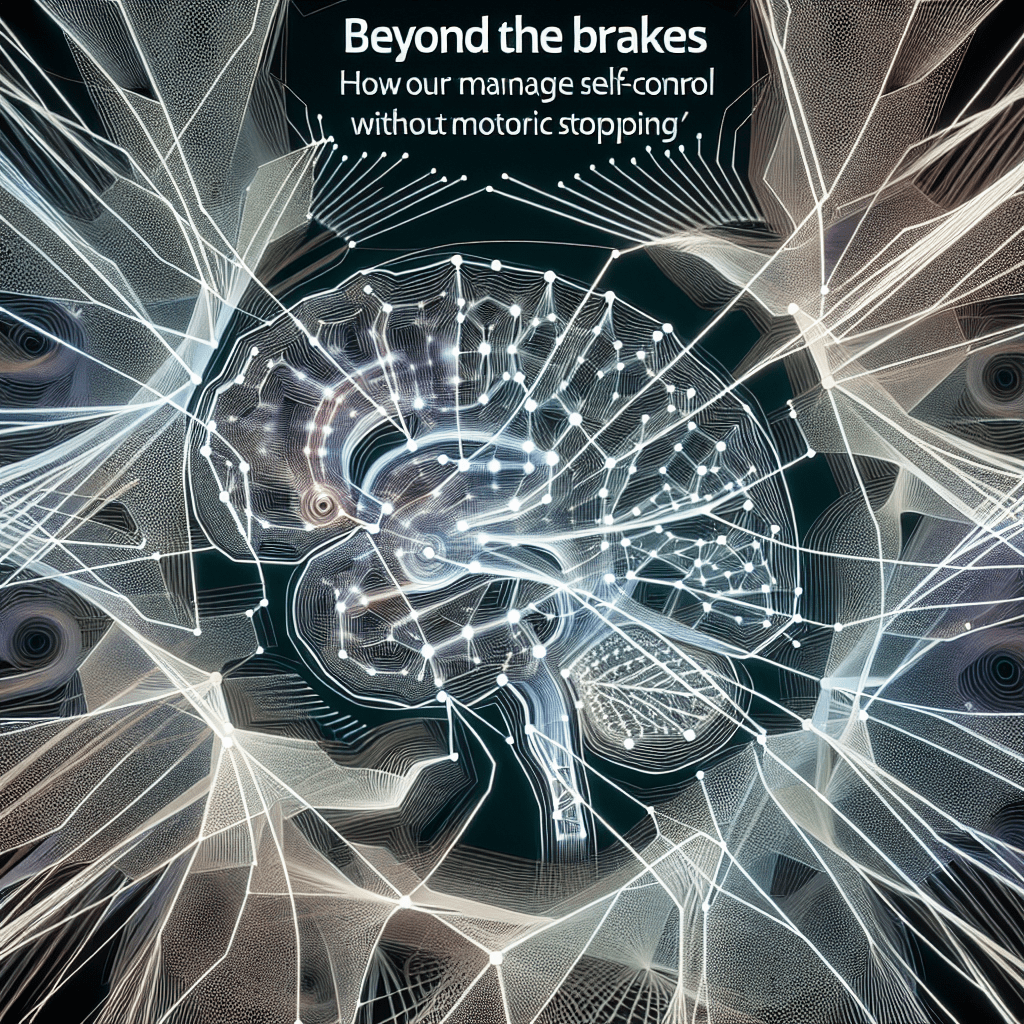
Beyond the Brakes: How Our Minds Manage Self-Control Without Motoric Stopping
Introduction Picture this: you’re driving home from work, lost in thought, when a new road sign catches your eye announcing a change in speed limits. Without conscious thought, your foot eases off the accelerator, adapting effortlessly to the new regulations. This seamless adjustment in your behavior is a testament to a complex psychological process that […]

Cracking the Code of Childhood Behavior: Insights from the Danish SDQ Study
Introduction Imagine being able to peek into the mind of a child to understand the silent battles they might be fighting. Every parent and teacher has wished for such clarity when trying to support a child through their emotional and behavioral challenges. Now, imagine a tool that can make that wish come true. Enter the […]
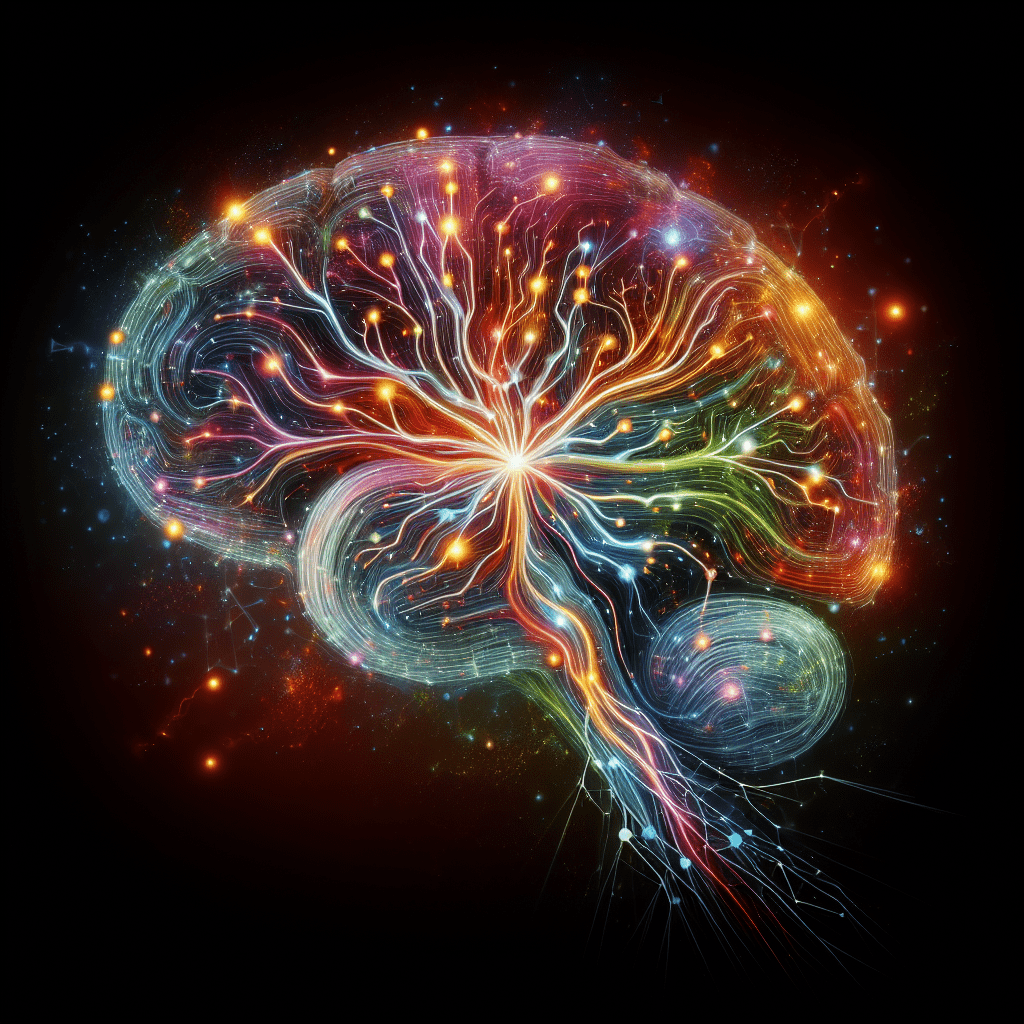
Exploring the Pathways of the Mind: Uncovering the Role of Glutamate in Brain Development
— Introduction: The Brain’s Architectural Blueprint Imagine the intricate connections within your brain akin to a bustling cityscape, where each neuron serves as a building, and every dendrite extends like pathways connecting the entire metropolis. In this vibrant landscape, the precise formation and stabilization of these connections are crucial for learning, memory, and overall cognitive […]
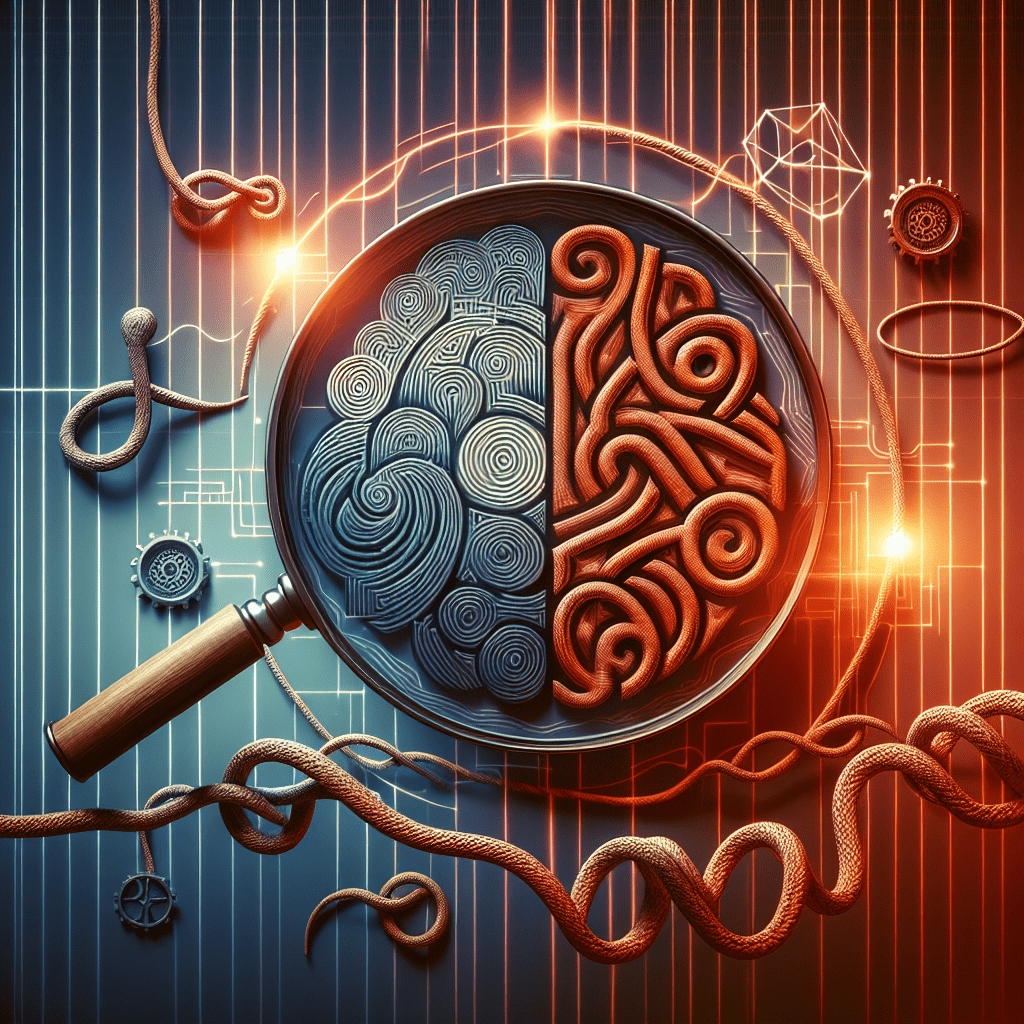
A Deeper Dive into Human Minds: Understanding Empathizing and Systemizing
Introduction Have you ever wondered why some people naturally seem more suited to picking up on the emotions of others, while others excel in logical problem-solving? This intriguing dichotomy is a reflection of two complementary cognitive styles called empathizing and systemizing. These terms shed light on the ways we process the world around us. In […]
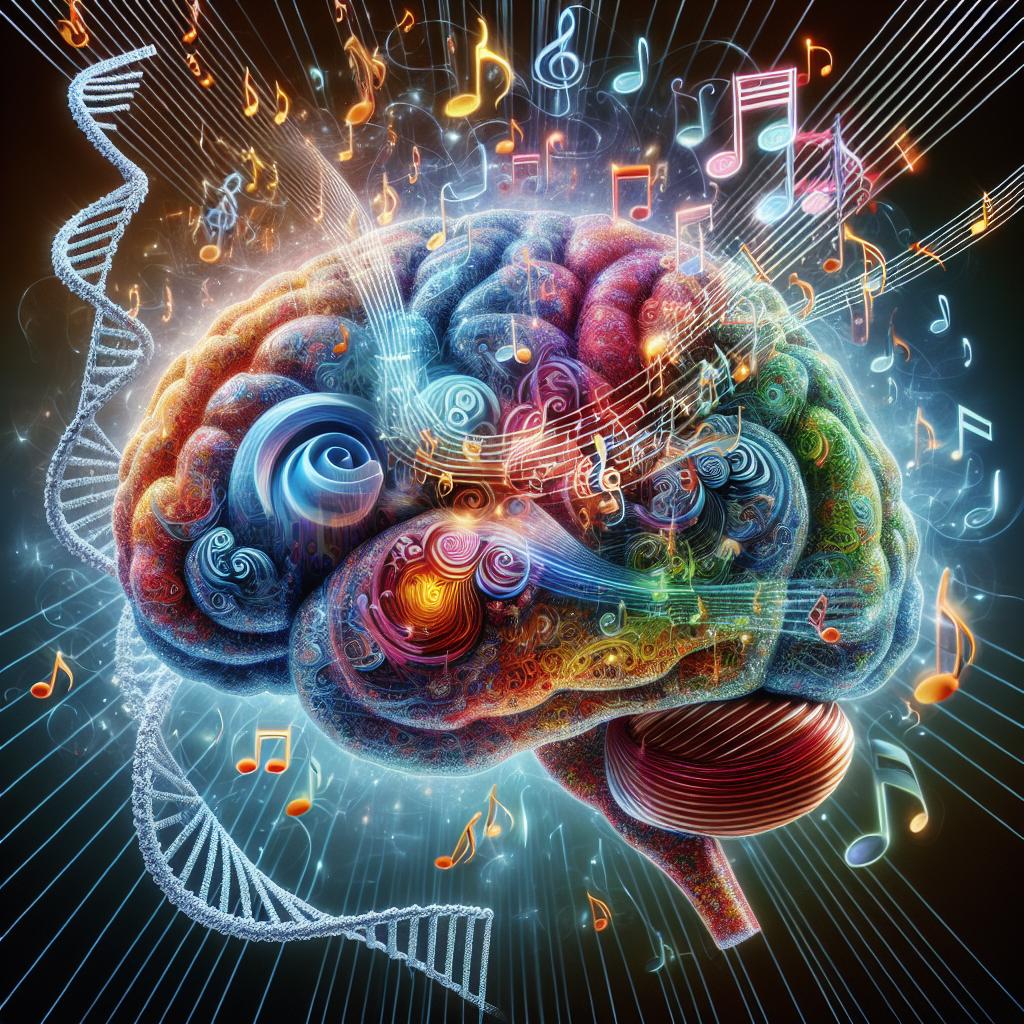
Genes, Harmony, and the Human Brain: A Deep Dive into Choral Singers and Non-Musicians
Introduction What if the way we process music at a genetic level influences not just our aptitude for music, but also shapes our social and emotional worlds? That’s what the study titled “AVPR1A and SLC6A4 Polymorphisms in Choral Singers and Non-Musicians: A Gene Association Study” set out to explore. Delving into the genetic underpinnings of […]

The Heartbeat of Personality: Exploring Cardiac Signatures
Introduction: Listening to the Heart’s Whisper Do our hearts beat to the rhythm of our personalities? The age-old poetic notion that our hearts play a role in our emotions and behaviors may have more than a grain of truth. The relationship between heart health and feelings isn’t just metaphorical—it might be deeply physiological. This intriguing […]
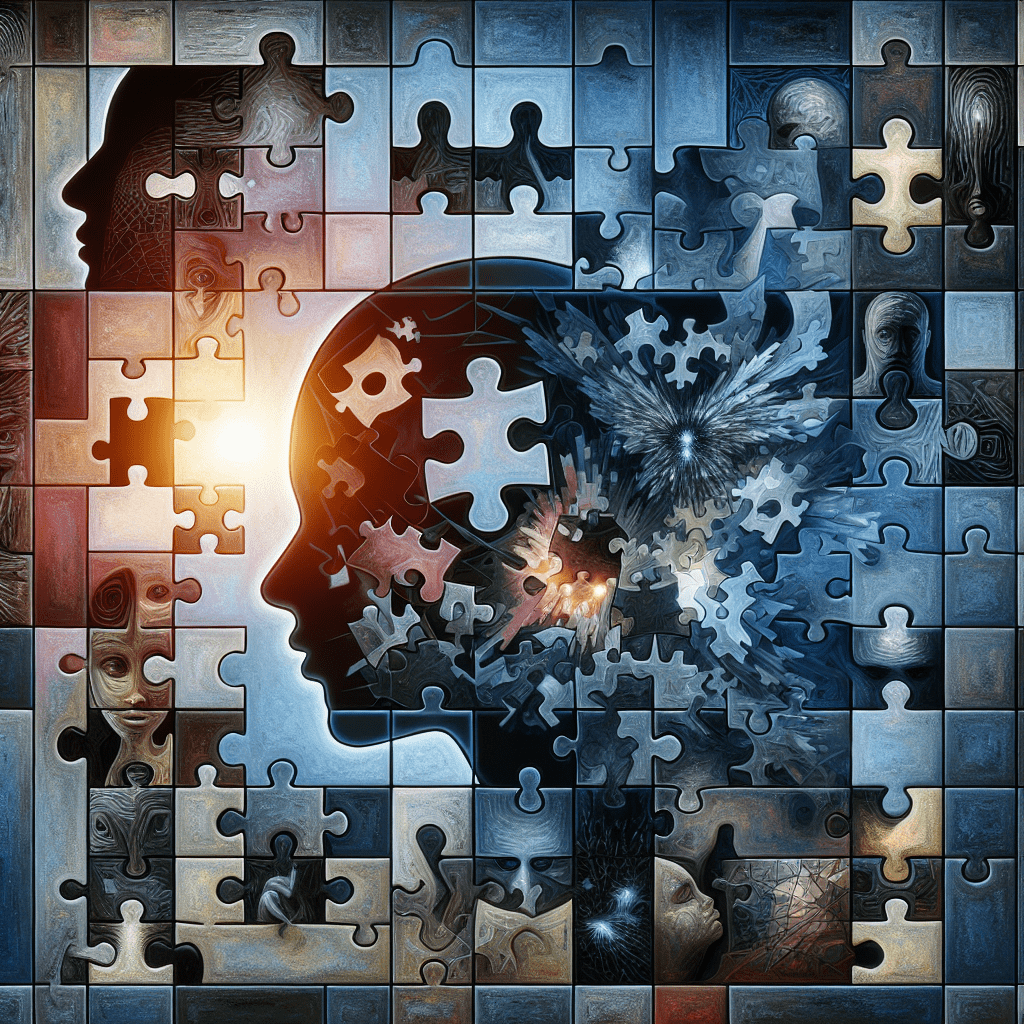
Emotional Puzzles: Understanding Conflict in Major Depressive Disorder
Introduction: Unveiling the Emotional Maze Emotions are incredible guides, steering us through the complex social and personal landscapes of life. However, for those with Major Depressive Disorder (MDD), emotions often resemble a tangled maze, where negativity overshadows the ability to experience positivity—much like walking through a garden and noticing only the thorns, not the flowers. […]

Decoding the Psychedelic Experience: How Non-Pharmacological Factors Influence Your Trip
— Introduction: Venturing into the Psychedelic Wonderland Imagine embarking on a journey inside your mind, where colors dance in vibrant symphonies, and time ebbs and flows in unpredictable rhythms. Welcome to the world induced by **psilocybin**, a powerful hallucinogen found in certain mushrooms. Psilocybin has piqued the interest of scientists, explorers of consciousness, and even […]
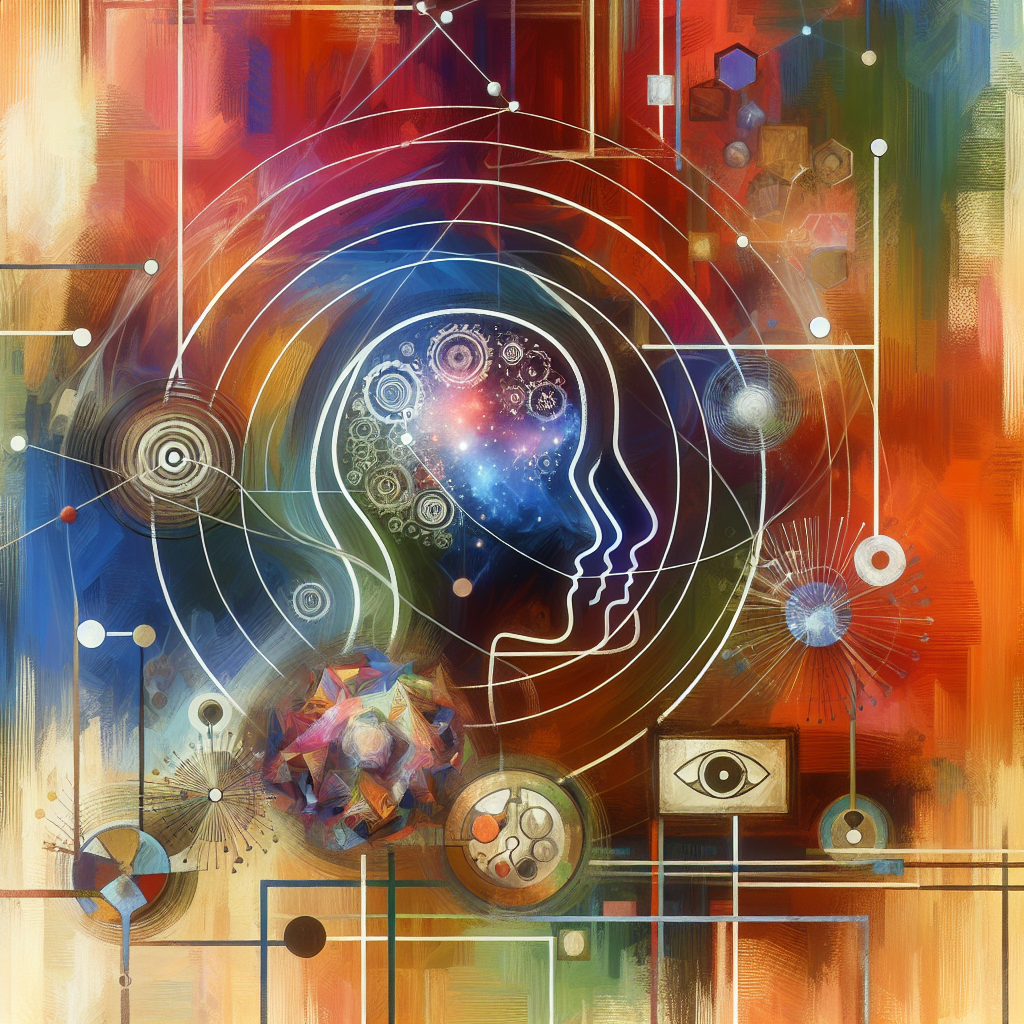
Untangling the Mind: How Technology Is Predicting Mood Disorders in Teens
Introduction Imagine a world where we could predict who among us is more likely to develop mood disorders long before any symptoms appear. With advancements in technology, particularly in the realms of pattern recognition and functional neuroimaging, this is becoming a reality. This intriguing research paper, titled ‘Pattern Recognition and Functional Neuroimaging Help to Discriminate […]
